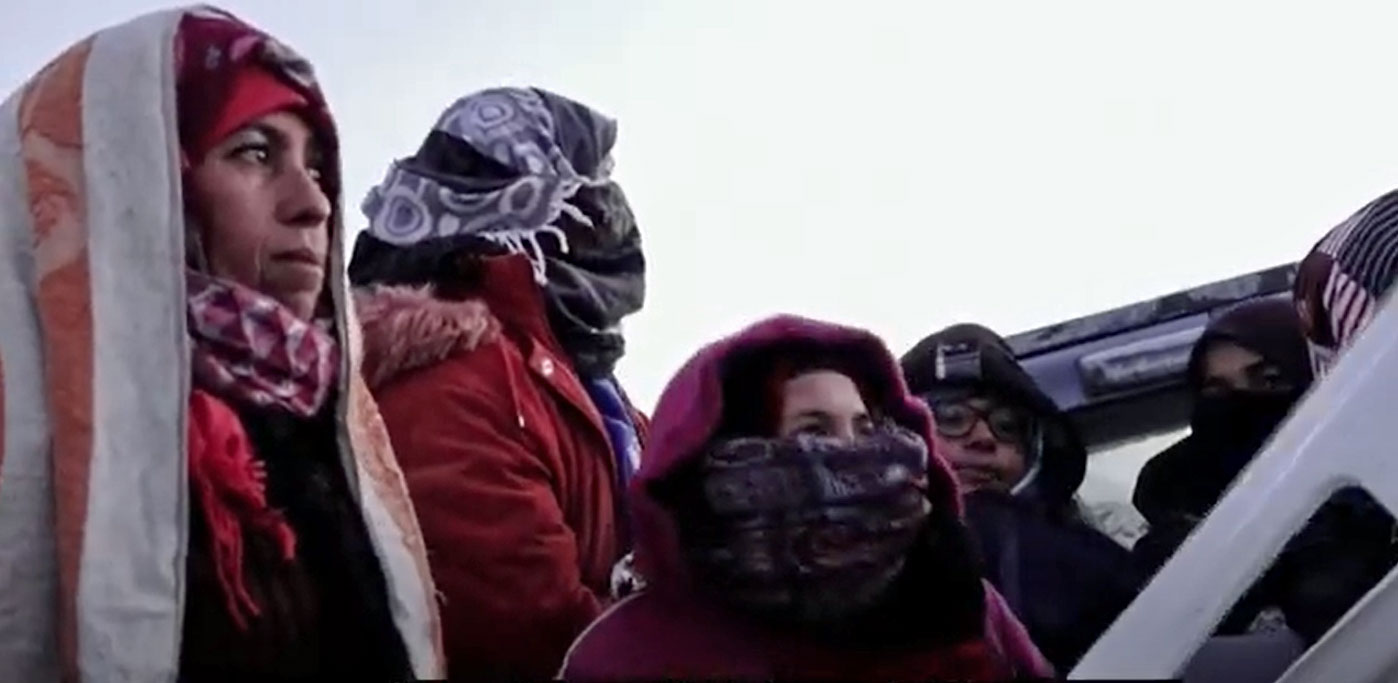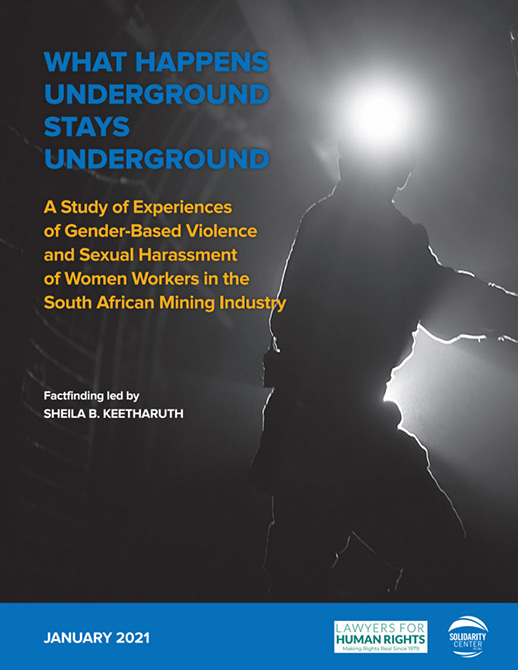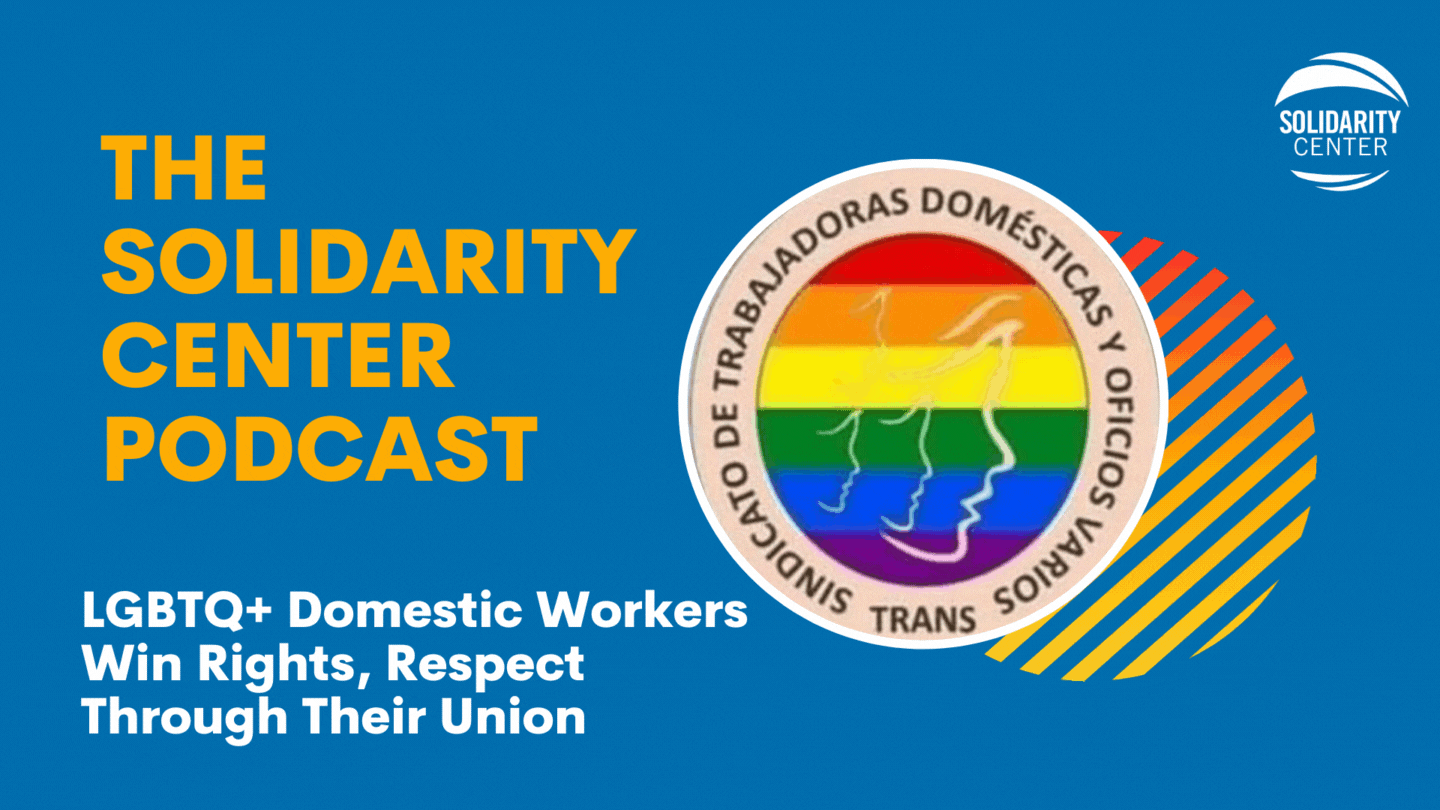While most consumers do not think twice when they select tomatoes, grapes or other readily available fresh produce in grocery stores, many of the agricultural workers around the world who spend their days harvesting vegetables, fruits and grains to fill the plates of...
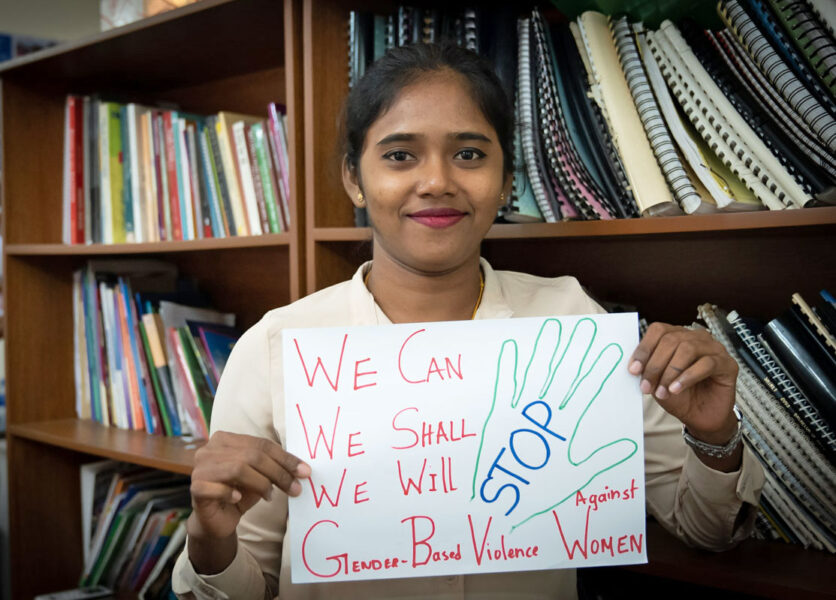
The Solidarity Center and worker rights organizations like the Lanka Eksath Jathika Workers Union in Sri Lanka advocated for a landmark global standard to eliminate gender-based violence and harassment at work and are pushing for its ratification by governments. Credit: Solidarity Center/Sean Stephen
The Solidarity Center prioritizes preventing and addressing gender-based violence and harassment in the world of work, recognizing it is a primary barrier to achieving gender equality and a key step for security of all workers’ rights. The Solidarity Center seeks to enhance the voice of women and other marginalized workers in policy making at the local, national, and international levels to reduce the risk of gender-based violence at work and build leadership, voice and direct participation of women and other marginalized workers and their unions.
Beginning in 2014, the Solidarity Center was a core member of a global coalition of worker rights organizations led by women union activists that successfully advocated for a landmark global standard (Convention 190) to eliminate violence and harassment in the world of work, including gender-based violence and harassment which was adopted by the International Labor Organization in June 2019. We support our partners as they campaign for their governments to ratify ILO Convention 190.
See related factsheets, videos and reports.
Report: Risks to Women Workers Pervasive in South African Mines
Women working in South African mines “at times confront danger, violence and indignity in their work environments,” where gender-based violence and harassment (GBVH) appears both widespread and normalized, according to a new report from the Solidarity Center and South...
Podcast: LGBTQ+ Domestic Workers Win Rights with Their Union
As a trans domestic worker from Nicaragua working in Guatemala, Francia Blanco says her experiences with verbal and physical abuse, discrimination, and forced labor conditions led her to take action to build a world where trans domestic workers had rights, respect and...
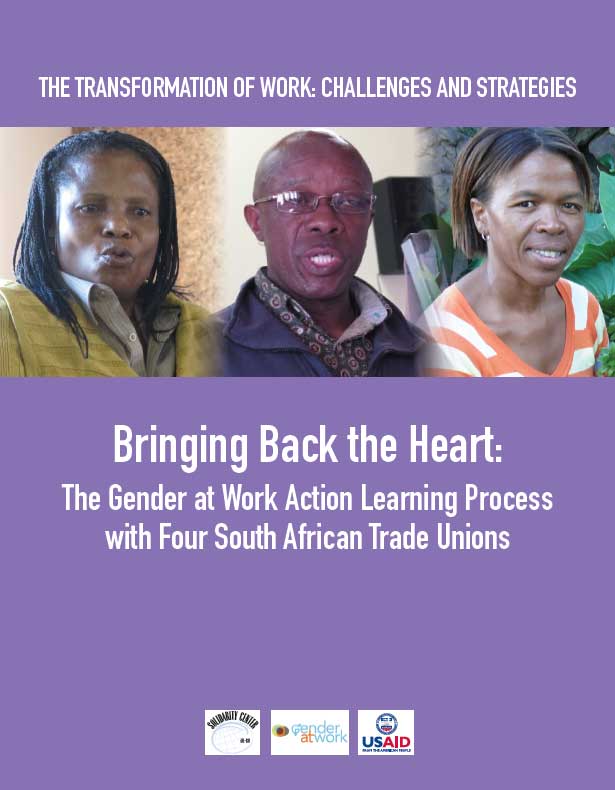
Bringing Back the Heart: The Gender at Work Action Learning Process with Four South African Unions (2013)
Four South African unions took part in a unique process with the South Africa Gender Action Learning Program and Labour Research Service to challenge male–dominated, hierarchical cultures. This report describes the step-by-step journey that led to more women joining...
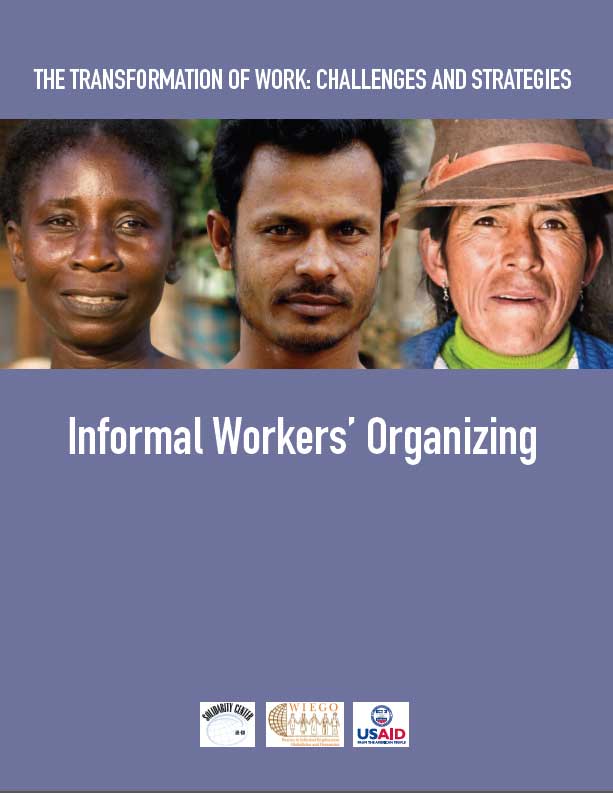
Informal Workers’ Organizing (WIEGO, 2013)
In overviewing self-organizing among such informal economy workers as waste pickers, domestic workers and construction workers, this report finds the lines are increasingly blurred between jobs in the formal and informal economies. This Solidarity Center report is...
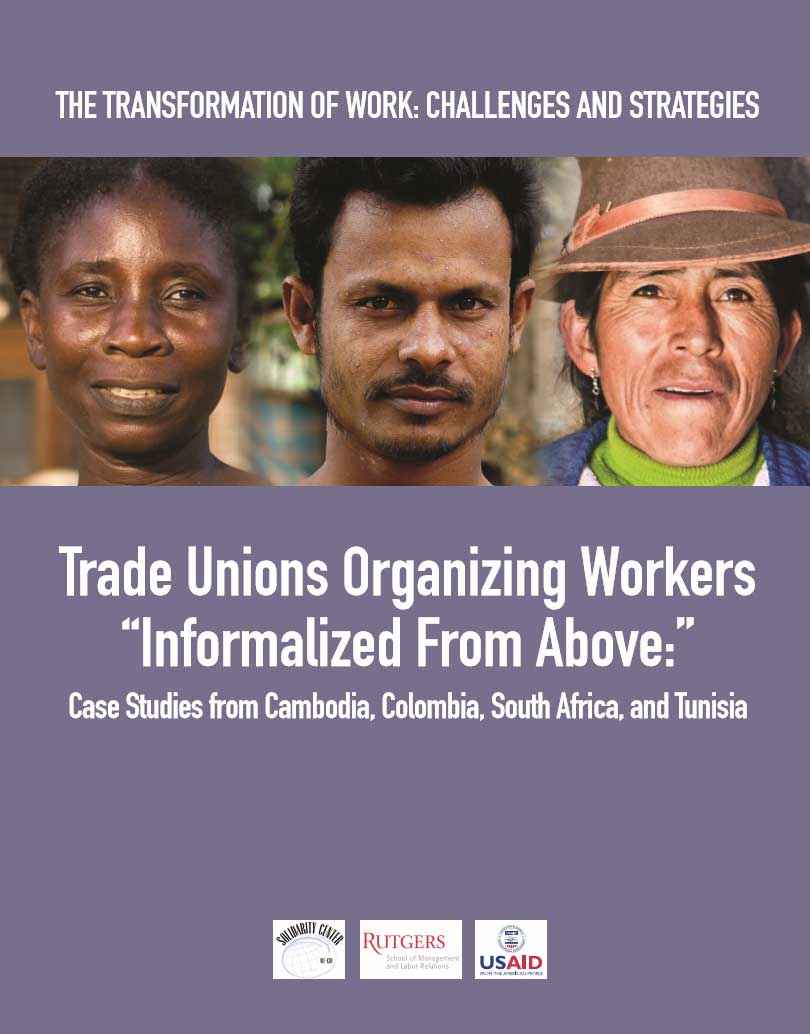
Trade Unions Organizing Workers “Informalized from Above”: Case Studies from Cambodia, Colombia, South Africa and Tunisia (Rutgers, 2013)
Four case studies examine successful union organizing among workers whose jobs have been privatized, outsourced or contracted out. This Solidarity Center report is part of a multiyear research project, funded by the U.S. Agency forInternational Development, to study...
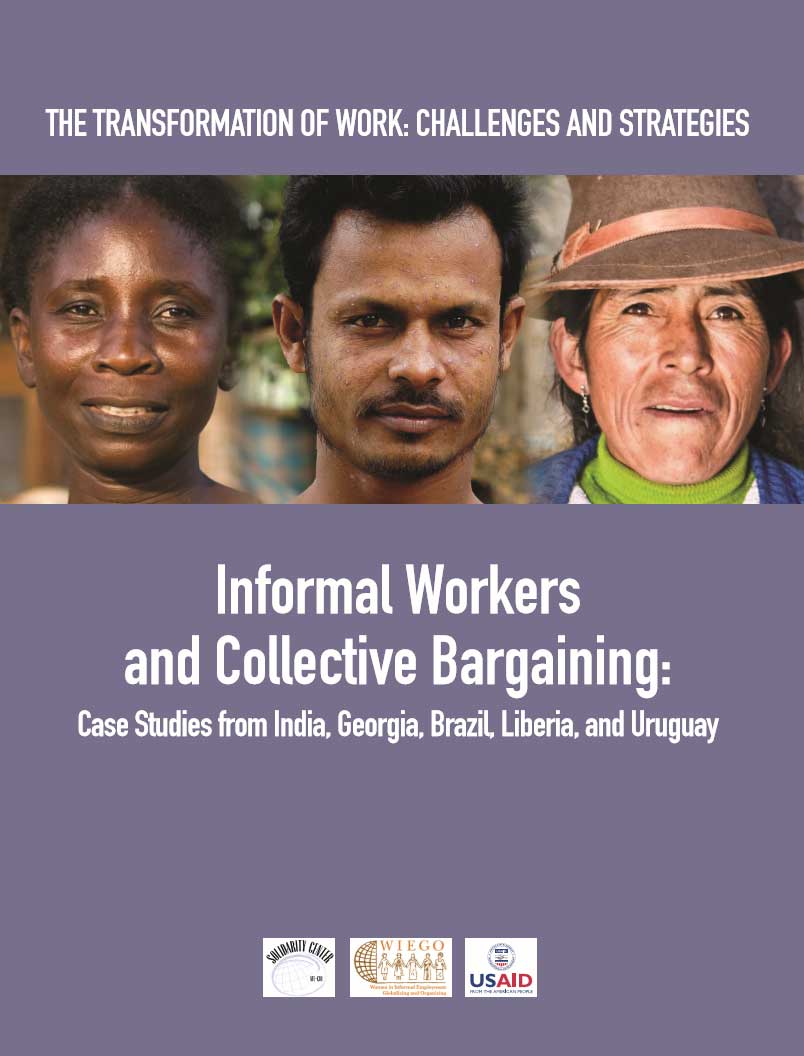
Informal Workers and Collective Bargaining: Case Studies from India, Georgia, Brazil, Liberia and Uruguay (WIEGO, 2013)
This report details a set of case studies on collective bargaining by informal workers in four different countries: Waste pickers in Minas Gerais state in Brazil, beedi workers in India, Georgia minibus taxi workers and street vendors in Monrovia, Liberia. The study...
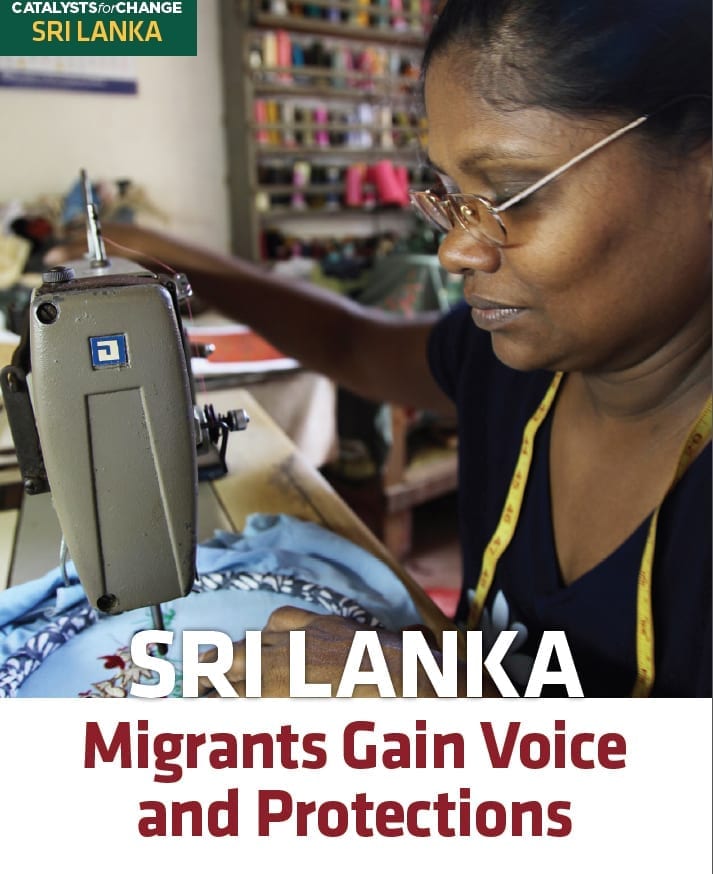
SRI LANKA: Migrants Gain Voice and Protections (2013)
The Migrant Services Center, a Solidarity Center partner, is assisting migrant workers and their families in Sri Lanka while championing structural change through legislative and governmental processes, and offers a model for other labor and worker rights...
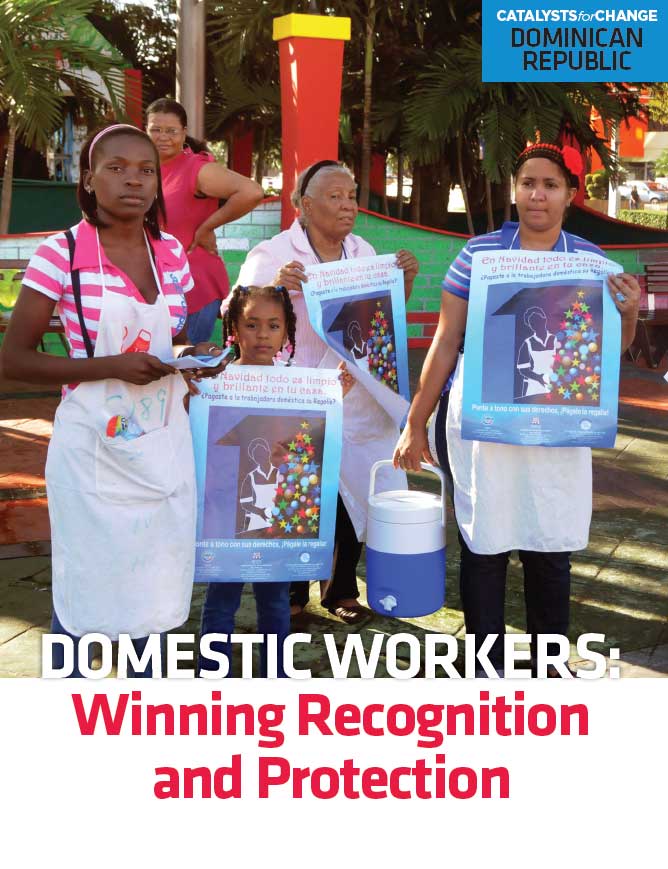
DOMESTIC WORKERS: Winning Recognition and Protection (2013)
Many domestic workers around the world are vulnerable to exploitation and not recognized by national labor laws. But in the Dominican Republic, domestic workers have campaigned to make gains over the last two decades—and a new Solidarity Center report shows how....

